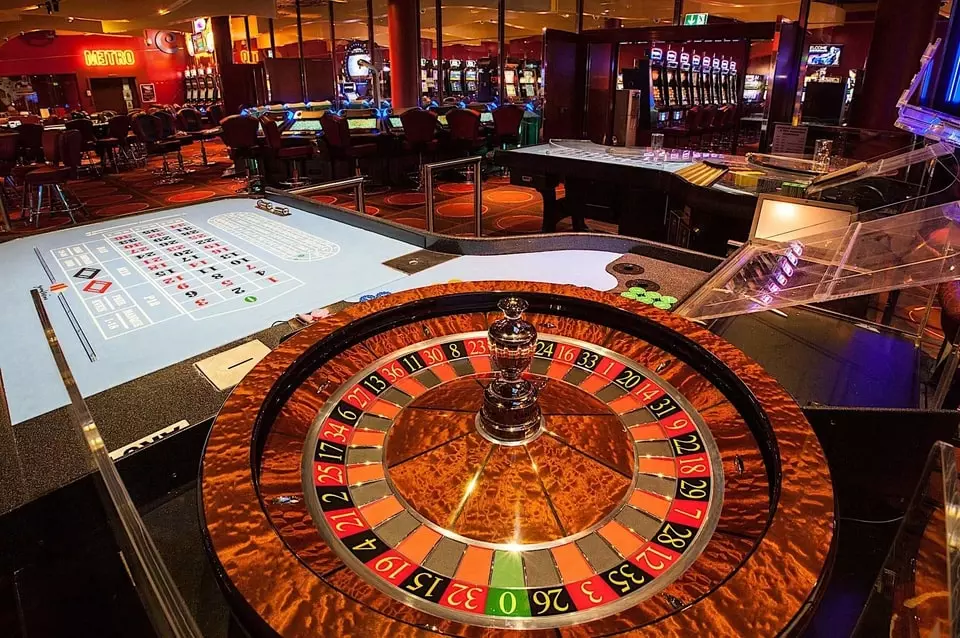 Richmond judge temporarily suspended an order he issued that sought to have local residents vote for a second time on a casino resort project as part of the upcoming November ballot.
Richmond judge temporarily suspended an order he issued that sought to have local residents vote for a second time on a casino resort project as part of the upcoming November ballot.
The order was not suspended for eight days by Judge W. Reilly Marchant, who asked Richmond attorneys and the non-profit organization challenging the court order to provide further evidence and case law to prove their point.
The legal challenge was brought by the non-profit organization Lodge No.1 of the Good Lions, which offers a game of charitable bingo twice a week in the south part of the city. The group claimed that the addition of a casino operating permit would have an extremely negative impact on its charitable gaming operations in Richmond, which accounted for almost $1 million several years ago. According to Chris Robertson, the legal representative of the charity, city officials violated a Virginia Constitution section that required competitive bidding for local government projects.
As CasinoGamesPro reported, the city of Richmond selected Urban One and its partner Churchill Downs as its preferred candidate for the casino resort project. City authorities took into consideration several proposals back in 2021, and eventually chose Urban One’s project ahead of the failed referendum.
Now, Mr. Robertson noted that the failure to hold a competitive bidding process this time was a breach of the state’s Constitution and called for Judge Marchant to suspend his order to allow the court to decide whether Richmond officials carried out the process in line with the applicable legislation or not.
Non-Profit Organization’s Challenge Puts Richmond Casino License at Risk
 Wirt Marks, who is the representative of the city, noted that the city council and city officials followed all the rules and statutes laid out in the 2020 Virginia law, under which casino gambling was officially permitted in five cities across the state. He further explained that the application was approved by both Judge Marchant and the Virginia Lottery Board.
Wirt Marks, who is the representative of the city, noted that the city council and city officials followed all the rules and statutes laid out in the 2020 Virginia law, under which casino gambling was officially permitted in five cities across the state. He further explained that the application was approved by both Judge Marchant and the Virginia Lottery Board.
Apart from that, Mr. Marks argued that the complaint lodged by the aforementioned non-profit organization seems to be contradicting the state law itself, and put the timing of challenging the judge’s order under question, saying that the move aims at bringing uncertainty about a second vote on the proposed casino in Richmond and could eventually derail it. According to the representative of the city authorities, filing a complaint like this in the eleventh hour, considering the fact that developers and local officials were discussing their plans publicly for months, could seriously hurt people’s trust in the process.
Eventually, Judge Marchant decided to suspend his order until August 23rd, so that he could receive case law, evidence and analysis from both legal teams and then render his decision. The court must now rule whether the Good Lions group have the grounds to challenge the process in the first place, before ultimately making a ruling on whether the process of obtaining the order was subject to an error.
If the judge decides that the group does not provide enough evidence to challenge the order, that would be the end of it, with the vote set to continue as planned. If, however, the judge decides that the non-profit organization has legal standing, another hearing is likely to be scheduled as to whether or not the challenge is successful.